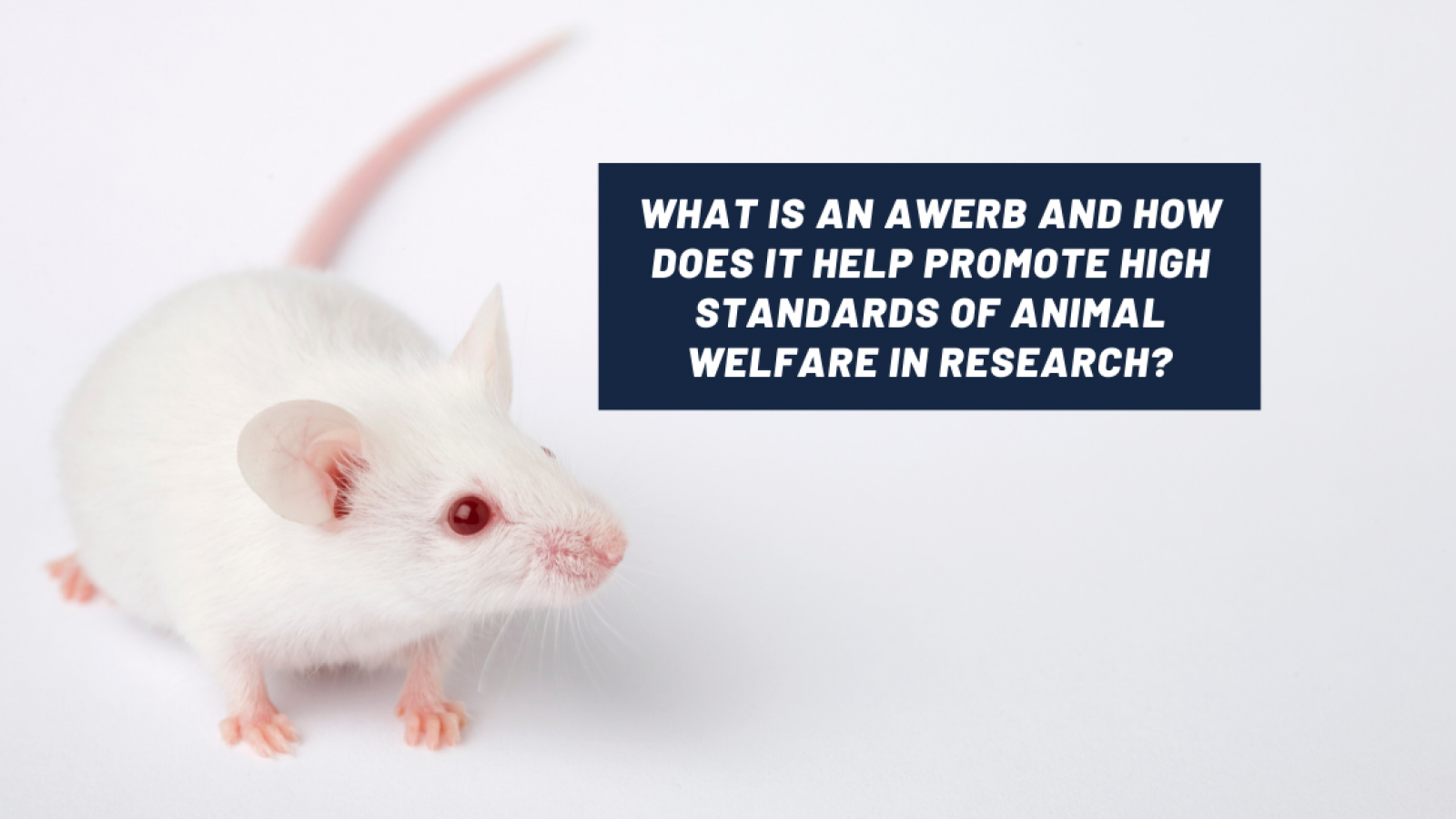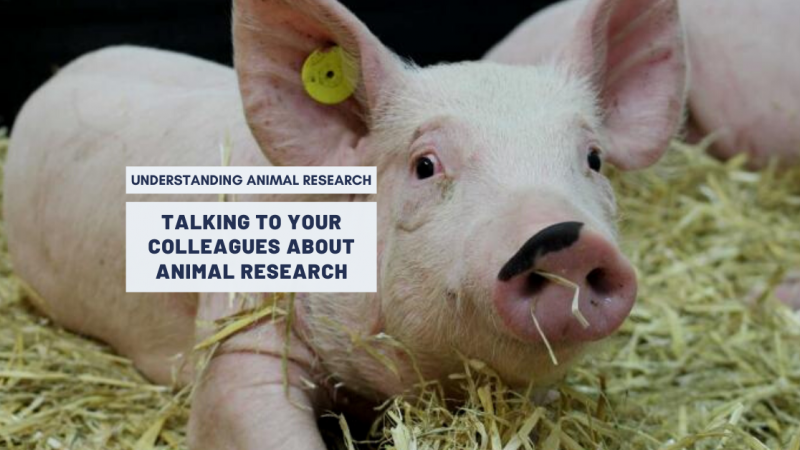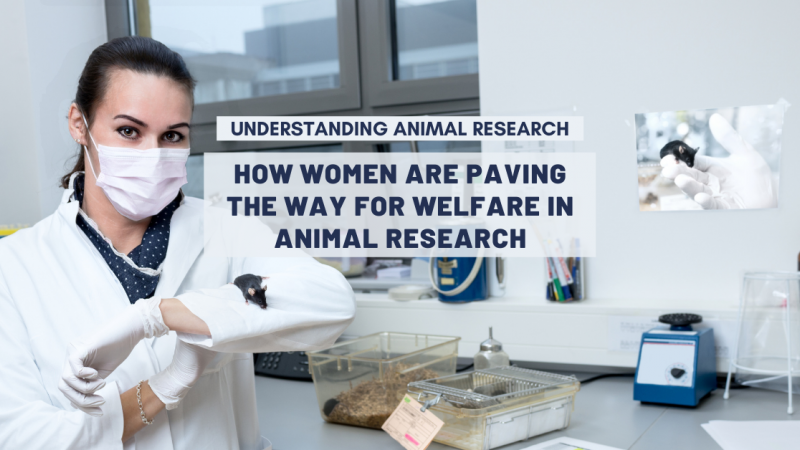AWERB stands for Animal Welfare Ethical Review Body. Running an AWERB is a legal requirement for all UK establishments that use, breed or supply animals for scientific procedures under the Animals (Scientific Procedures) Act 1986. AWERBs provide comprehensive consideration of all ethical issues, an essential component in maintaining good animal (and staff) welfare.
In the UK, all research teams that want to work with animals have to apply for a licence that is reviewed by the Home Office Animals in Science Regulation Unit. The Home Office has formal responsibility for project authorisation, including ethical review. But before the project reaches the Home Office for approval, it must first be approved by the AWERB. This means that every application is thoroughly reviewed by people with a detailed knowledge of the conditions in that particular establishment, driving a culture of ethical self-criticism and improvement which is essential to maintaining the highest standards of animal welfare.
An effective Animal Welfare and Ethical Review Body should:
- Take a lead role in promoting animal welfare and the responsible care and use of animals used at the Establishment e.g. improvements in housing, husbandry and procedures
- Provide a critical forum for motivation and support for animal welfare and day-to-day application of the 3Rs
- Foster a good culture of care
- Provide advice on the Project Licence application process, in particular application of the 3Rs
- Conduct retrospective review
- Address ethical and welfare concerns and disseminate any learning associated with this
- Support staff training
- Improve confidence (including public confidence) in the need for and quality of scientific work and care provided at the Establishment
AWERBs typically meet monthly to advise the establishment licence holder on whether to support Project Licence applications involving the use of animals in research.
“The AWERB gives its approval for an animal research project at an institutional level. It is not a final sign-off but an ethical review process at a local level. The project licenses then have to go to the Home Office for approval,” explains Jenny Ritchie, the Named Information Officer* at Surrey University.
The AWERB provides constructive feedback to the applicant along with any recommendations as well as a critical evaluation of all ethical, scientific and welfare issues related to the research project, and provides constructive fedback and recommendations to the applicant.
A central part of this process is ensuring that the 3Rs of animal research - Reduction, Refinement and Replacement – have been properly observed. This means the research team will be challenged to demonstrate that they have made a determined effort to replace animals with alternatives or, if replacement is impossible, that they have designed their experiments to involve the smallest number of animals. If animals must be used, and can be justified by the science, the research team must show that that have refined their procedures to keep pain, suffering and distress to a minimum.
“AWERBs review the ethical use of animals in their facility. They evaluate harm-benefit of project licenses but also the cost-benefit to makes sure that the research is appropriate and has an outcome as well,” adds Lauren Cresser, the Home Office Liaison Contact and Named Information Officer at The Pirbright Institute.
The AWERB also helps define, develop and foster a culture of care. It supports good practice and raises awareness of animal welfare and the 3Rs by providing a framework of ethical debate and dialogue between all parties involved in animal care, including researchers, veterinarians, animal welfare officers, animal technicians, and lay members of the committee. As such it ensures caring and respectful attitudes and behaviours towards animals, encouraging acceptance of responsibility and accountability in all aspects of animal care and use.
“AWERBs should have a view on what the culture of care is like in their establishment. This means that they also need an objective way of assessing that culture and identifying gaps to improve the system. This helps them know that the governance is right to support the culture of care they are aiming for,” explains Sally Robinson, the Establishment Licence holder at AstraZeneca.
“As such, all kinds of topics are discussed at an AWERB, whether it’s related to staffing levels, or being in need of more training to care for the animals, or bringing in experts to discuss the best way of breeding mice or preserving mouse lines that are no longer needed but we don’t want to lose,” comments Jenny Richie.
Because AWERBs are about sharing good practice and welfare for animals and supporting staff, they benefit from local but also national discussions. A wider AWERB network was set up by the Animals in Science Committee (ASC), as part of its task to advise AWERBs on sharing best practice across the territory.
“It’s not just about local licences but it’s about the communication of information to improve animal welfare as a whole,” adds Jenny Richie.
The network is comprised of 14 regions, each with a ‘Hub’ AWERB, that share good practice with others, while appropriately reflecting local attitudes and culture.
A well-designed AWERB is a valuable resource that benefits all staff and animals. It is well placed to provide a focal point to help identify, prioritise and drive improvements in animal welfare.
Ensuring that AWERBs and their members are well supported is the best way to make a real difference with respect to deciding whether and how animals are used. As such, the AWERB fulfils the legal requirements of animal protection legislation and also the moral requirements of a scientific community that takes animal welfare seriously.
* The Named Information Officer in a research institution is the person responsible for overseeing animal research.
Last edited: 5 April 2022 08:12




